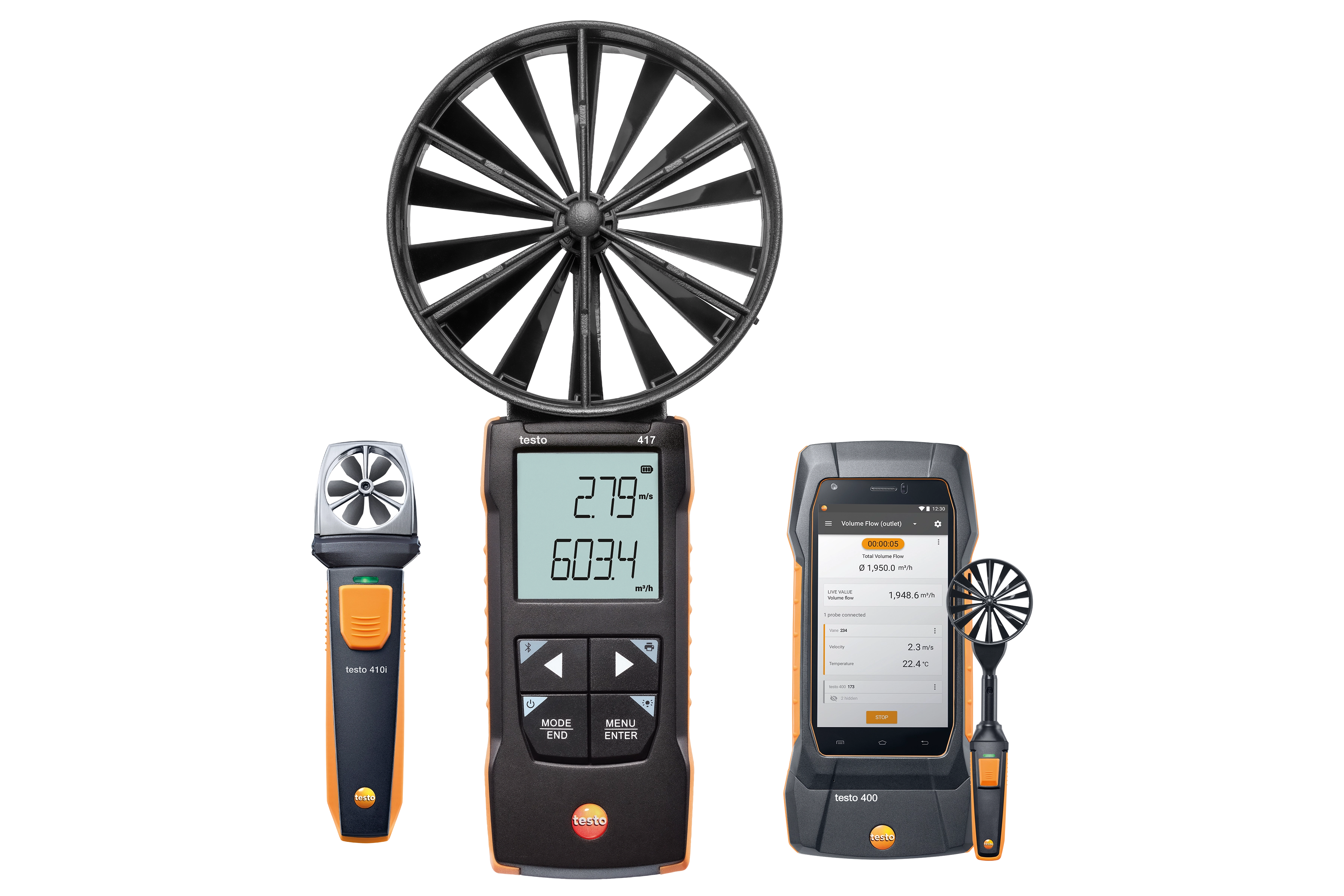Why an Anemometer is Crucial for Your Environmental Information Collection
Checking Out the Features and Advantages of Anemometers for Climate Fanatics and Experts
Anemometers stand as crucial devices in the realm of weather condition monitoring, accommodating both enthusiasts and skilled specialists alike. These tools use a window into the vibrant globe of wind patterns and speeds, offering indispensable data for meteorological evaluation and projecting. From cup anemometers to sonic anemometers, each kind brings its one-of-a-kind collection of advantages and applications, losing light on different elements of atmospheric problems. As we dig into the features and benefits of anemometers, a deeper understanding arises not only of dominating weather sensations yet likewise of the broader effects for markets like wind energy manufacturing and environmental study.
Significance of Anemometers in Climate Tracking
Anemometers play a vital role in weather monitoring by giving precise dimensions of wind speed, helping in projecting and understanding weather patterns. These tools, varying from conventional mug anemometers to modern ultrasonic anemometers, are necessary for meteorologists, researchers, and weather condition fanatics alike. By measuring wind speed, anemometers assist in determining the intensity of climate sensations such as hurricanes, tornados, and hurricanes. In addition, they provide important information for aeronautics, maritime procedures, and numerous industries that are sensitive to wind conditions.

Sorts Of Anemometers and Their Applications
The most usual types of anemometers include mug anemometers, vane anemometers, hot-wire anemometers, and ultrasonic anemometers. Mug anemometers consist of 3 or four mugs installed on straight arms that rotate with the wind, gauging its speed. Vane anemometers, on the various other hand, use an openly rotating vane to line up with the wind direction, giving both wind speed and instructions dimensions.
Each sort of anemometer has its unique benefits and applications. Mug anemometers are robust and ideal for basic weather tracking, while vane anemometers are preferred for directional measurements. Hot-wire anemometers are delicate to reduced air velocities, making them ideal for indoor settings. Ultrasonic anemometers are non-intrusive and offer high precision, usually used in research study and specialized climate monitoring applications. Comprehending the features and applications of each type of anemometer is vital for picking the most suitable tool for details climate keeping an eye visit homepage on demands.
Advantages of Utilizing Anemometers in Projecting
In weather forecasting, the usage of anemometers provides indispensable advantages for enhancing the precision of climate projecting. Anemometers determine wind speed and instructions, supplying vital data for predicting weather patterns. By including wind information into forecasting versions, meteorologists can better understand the activity of weather condition systems, anticipate adjustments in climatic conditions, and concern a lot more accurate forecasts.
In addition, anemometers play a crucial role in analyzing prospective weather threats. Keeping an eye on wind speeds aids forecasters predict serious weather condition events such as typhoons, tornadoes, and wintertime tornados with greater precision. This early caution system allows authorities to release timely signals and carry out necessary precaution, lowering the risks to life and residential or commercial property.
Additionally, anemometers help in maximizing sustainable power manufacturing. By examining wind patterns, meteorologists can identify appropriate areas for wind farms and anticipate power output, adding to the reliable generation of wind power.

Anemometers in Wind Energy Production
Provided the important duty anemometers play in providing accurate wind data for weather condition projecting and threat analysis, their significance extends to the realm of wind energy production. Anemometers are necessary tools in the area of wind power, where the dimension of wind rate and instructions is important for establishing the usefulness and performance of wind generator installations. By accurately measuring wind rates at differing elevations, anemometers aid maximize the positioning and layout of wind generators to maximize power result.
In wind ranches, anemometers are purposefully positioned to gather real-time wind data that is utilized to evaluate the potential energy manufacturing of a website. This information contributes in identifying the economic viability of wind power tasks and in forecasting energy generation to ensure grid stability. In addition, anemometers help in keeping an eye on wind conditions to optimize generator efficiency, avoid damage from high winds, and make certain the safety and security of workers operating in the location of wind generators.
Enhancing Weather Understanding With Anemometers

Anemometers play an essential function in enhancing our understanding of microclimates. These localized climate condition can differ dramatically from more comprehensive local forecasts, making it important to have accurate information for details locations. anemometer. By tactically placing anemometers in various areas, scientists can gather detailed info on how click here to find out more wind acts in various terrains, urban settings, or bodies of water
Additionally, anemometers contribute to improving climate forecasting models by giving real-time data on wind behavior. This details is especially valuable for forecasting serious weather occasions, optimizing farming methods, and sustaining markets like aviation and maritime navigating. In general, anemometers are invaluable tools that enable us to dig deeper right into the complexities of weather condition systems, ultimately causing more better-informed decisions and precise forecasts.
Final Thought
In conclusion, anemometers play an important duty in climate monitoring and forecasting by measuring wind rate and instructions. Anemometers additionally have applications in wind energy production, further highlighting their importance in both weather forecasting and eco-friendly power fields.
From mug anemometers to sonic anemometers, each type brings its unique set of advantages and applications, shedding light on different elements of atmospheric conditions. These instruments, ranging from standard cup anemometers to modern ultrasonic anemometers, are necessary for meteorologists, scientists, and weather fanatics alike. The most typical types of anemometers consist of mug anemometers, vane anemometers, hot-wire anemometers, and ultrasonic anemometers. Mug anemometers are ideal and robust for basic weather monitoring, while vane anemometers are preferred for directional dimensions. Anemometers are essential tools in the area of wind power, where the dimension of wind speed and direction is essential for identifying the feasibility and efficiency of wind generator installments.